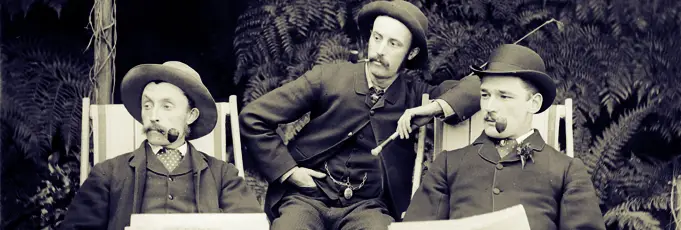Historical fiction is one of the largest genres out there. Book topics span from scarcely heard about events to World War Two and Civil war-era fiction. In such a big market, it’s hard to really set yourself apart. What do some of the most successful historical fiction books have in common?
The first thing that comes to mind is research. In any novel, research is important, yet it’s even more so in historical fiction. While the reader will never physically see the long hours, books read and pages upon pages of notes, they’ll very easily be able to tell if you know what you’re writing about. Make sure you’ve got your major facts correct, then dig deeper. Figure out how people lived, what the economy was like and things like that. More research and hard work on your part will only make the quality of your book better.
If you’re not the type to sit and pour through text books for hours on end, find some good historical fiction written in the time period you’re wanting to write about. I’m not saying to forego the textbooks entirely, because that’s important too. Read how other successful authors have done it and learn from them. Keep a huge notebook (if it doesn’t start out huge, it will end that way) of all the random tidbits you’ve learned.
This brings me to my second point and that’s characterization. For me at least, I’ll push through a lacking plot line and less than descriptive settings if the characters are strong enough. Take out the good characters and replace them with dull, unrelatable ones—you’ll have a hard time getting me past the first chapter. Another thing that makes characters feel off is when they speak or act out of character. Back to the research, make sure that you know how people back then would act. Just as someone from the middle ages wouldn’t say, “What’s up, dude?”, someone from our time wouldn’t speak in Shakespearian English. Know the vocabulary and mannerisms of the time you’re writing in.
However, just knowing how a person would talk or act isn’t enough to make them a dynamic and interesting character. Don’t be afraid to mess your characters up. At a writing conference I attended this year, one of the speakers put it this way, “When you’re a writer, you get to play at being God. You create these characters. There is a difference though. We give our characters the sins and then punish them for having them!” In order for your characters to feel relatable, they’ve got to be messed up. Everyone has something—multiple things—that they struggle with. Make your characters sinful and then put them through the process to fix that. You don’t want to make them so terrible that no one will like them, but they can’t be perfect either.
With all the historical fiction out there, you need to find a way to make your story unique. This is also where reading already published and well-known novels will come in handy. In most cases, you’ll find the author has done something just a little different than someone else, making the story that much better. I described my last historical fiction novel to people as a “historical fiction with a little bit of sci-fi”. My main character could time travel, but it wasn’t in the same way it usually happens. A pocket watch was tied to times written in his ancestor’s journal. Whenever it struck that time, the character traveled back and stayed—sometimes for days, sometimes hours, sometimes nearly a month. It was something different and it had time travel—something I find interesting.
Brainstorm a list of ideas to make the story different. Start small and then go crazy with it. My idea came from a very late night of writing any random thing that came to mind. Even if it seems weird and totally out of place, put it down. Sometimes the strangest ideas end up being the ones that work best.
A lot of what makes or breaks a good historical fiction boils down to research. It’s not only the characters, dialogue and actual events you’ll want to learn about though. Learn about the area where they take place. If possible, visit those places. Things will have changed over the years, but it’s still helpful and inspiring to stand on the place you’d be using in your story. That’s one of the amazing things about historical fiction. In a way, it feels as though it was real. You can go to places used in your novel, take pictures of them and really be there.
I’ve said it several times, but I’ll say it again: research, research, research. See, your mom was always right! History really can help you in real life. It will only make your novel better.



Fantastically written article as always! I’ll definitely share this with my friends who are writing historical fiction! 🙂